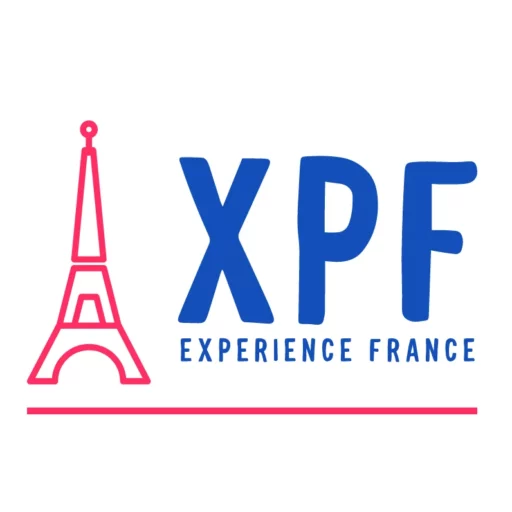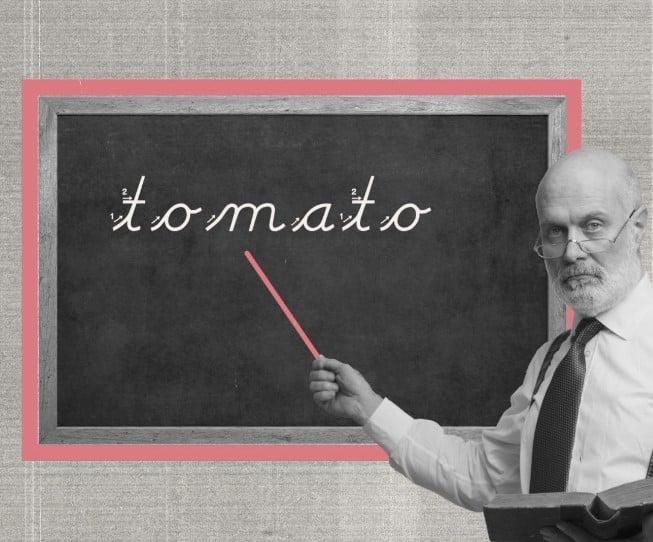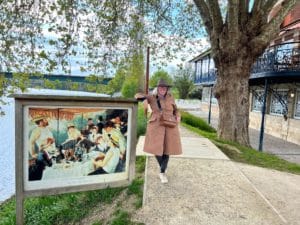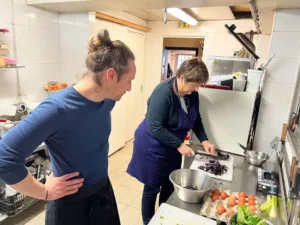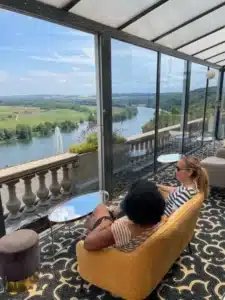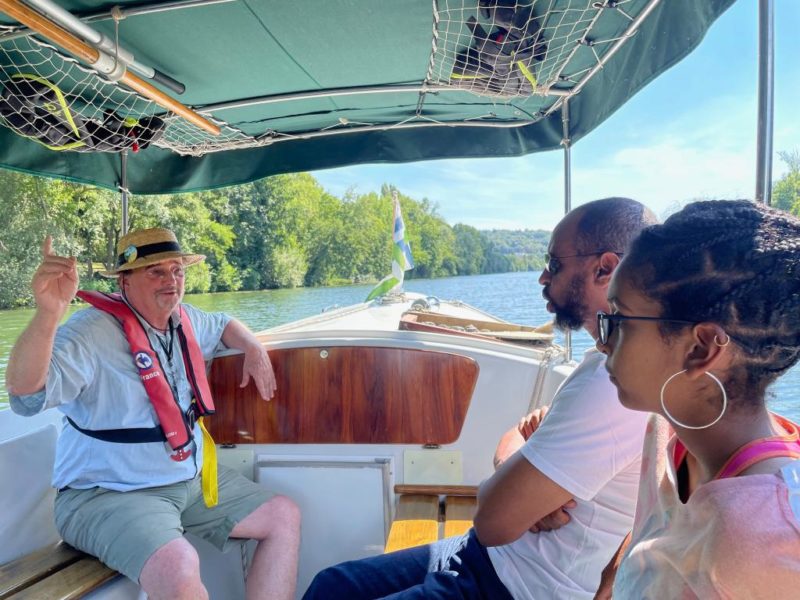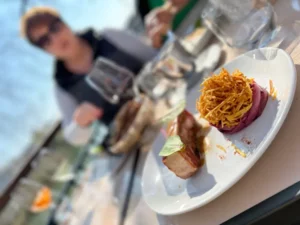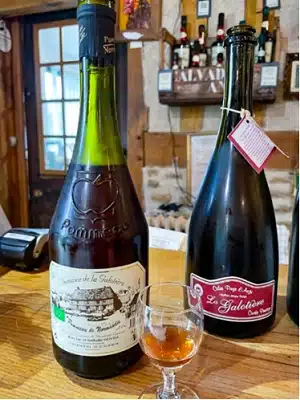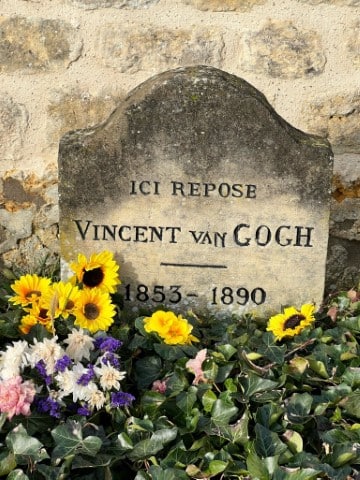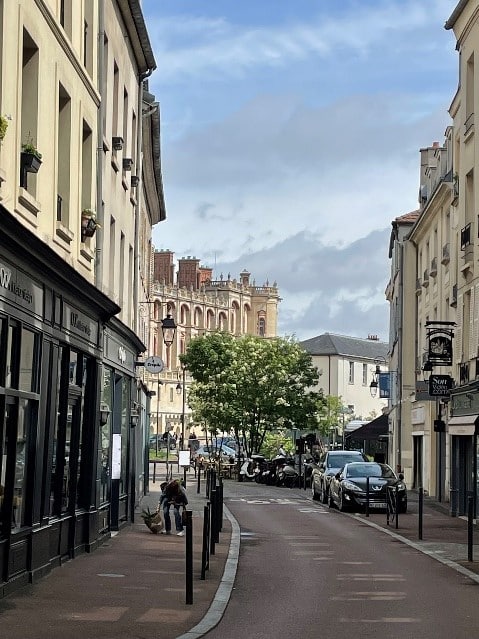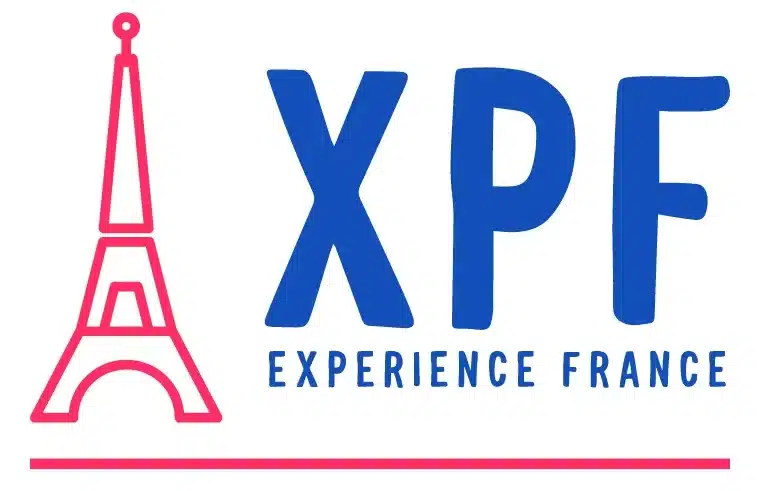
We’ve all been there. Learning by rote how to conjugate verbs, in whatever language you may be trying to master.
Je suis
Tu es
Il est
And let’s be honest, it’s painful.
But you’re no quitter so you struggle on, desperately trying to remember what gender a table is and wondering whether you need the future perfect tense, or the future continuous.
And suddenly the joy of learning a language is gone, sucked out of the textbooks before you like water going down a drain.
Throw the books away
Well, put them away for now at least. Science has come a long way in the last few years when it comes to learning a language and there’s good news.
What the science has demonstrated is that the best way to start learning a new language is not by reading about it or trying to memorise it. No, the best way to learn a new language is to do it the same way you learnt your mother tongue – by immersing yourself in it. By listening to it, by trying to speak it and by surrounding yourself with your new language as much as possible.
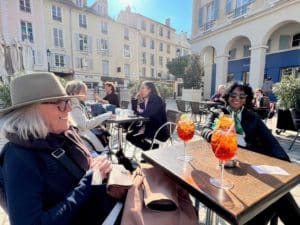
As a child, you will have listened to the adults around you speak, you will have watched the shape of their mouths as they said certain words and heard how words and sentences sounded, unconsciously learning those subtle nuances that we instinctively know with our mother tongue but can cause us all sorts of problem with a new language.
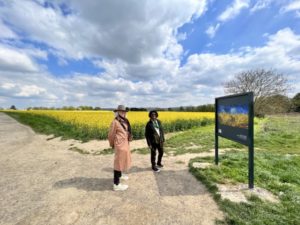
And the even better news is that the more relevant you can make a new language, the more you’re likely to remember it. So, for example, if you’re talking about something you’re really passionate about like art, food, wine, or travel you’re more likely to remember the words used, than if you’re trying to remember how to ask for directions to Timbuktu.

This is what is called natural language acquisition.
It’s all about listening to how words sound, having a go at speaking French in a real-life environment and in a way that you find interesting. Grammar and conjugation still have their place but not until later when you’ve already got a good a grasp of the basics.
Read about our approach & the science here.
Mistakes are good
Of course, you’ll make mistakes. But that’s good too because we tend to learn more from our mistakes than our successes. So, for example, if you thought you’d ordered a glass of red wine (une verre de vin rouge) but you accidently ordered twenty red worms (vingt vers rouges), you’re unlikely to ever forget it and the words vingt, verre and vers will have embedded themselves nicely in your memory. The chances are in fact, you’ll re tell that story a hundred times and everyone you know, with great fondness, will know the difference between vers and verre.
The key with mistakes is to make them in the right environment, somewhere that is safe and with people who are supportive. So that if you get a word wrong, or can’t remember it, someone can gently correct you or provide the right phrase. Speaking it to you so that you learn how it sounds, rather than you having to figure out how to pronounce it from a jumble of letters on a page.
Thank you, science
And that’s what we do at XPF. We plan an itinerary packed with things that really interest you. And then we talk French and encourage you to have a go. There is no pressure, and there’s no judgement if you get a word wrong, just lots of support in a fun and friendly environment. Oh, and some great food thrown in too!
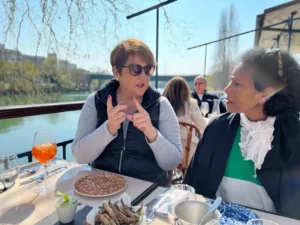
All of which means that we have to be very grateful to science. Because what the research has done is to make learning a new language a whole lot easier and much more fun.
As we say: “Hear French, Experience France & Speak French.”
Get in touch if you’d like to know more; we look forward to helping you on your French journey!
